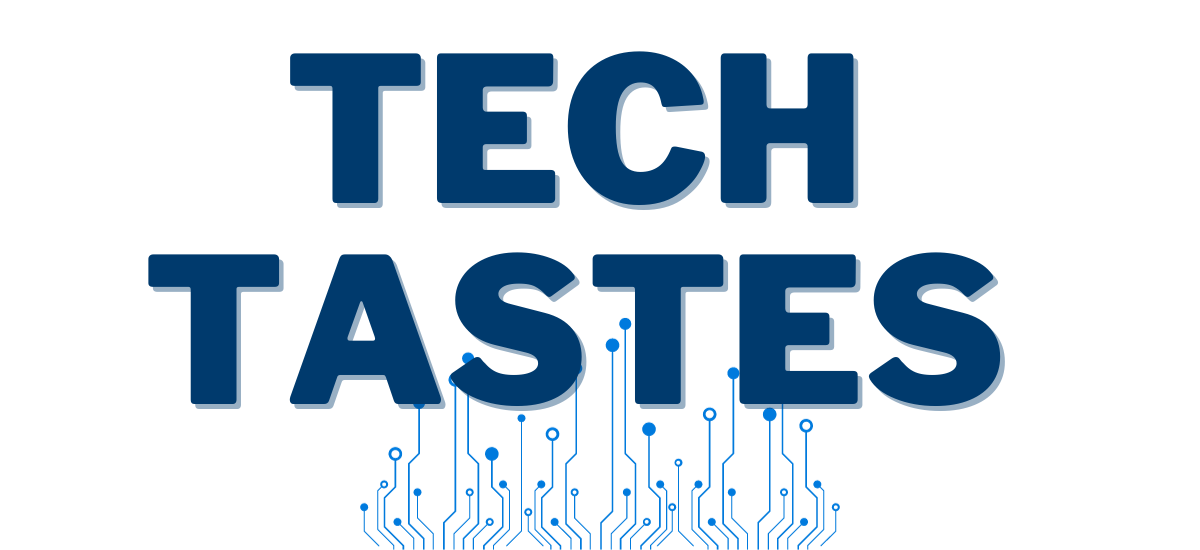There’s a buzz in the design world surrounding a promotional poster for Loki’s upcoming season on Disney Plus. Some graphic designers have voiced concerns that the artwork may have incorporated an AI-produced stock image. Elsie Morgan, a well-known digital artist, spotlighted the image on X (previously known as Twitter) recently, commenting on the background’s spiraling clock graphic. She mentioned it exhibited typical AI-related glitches, such as random, nonsensical distortions.

Many artists fear the unchecked use of AI to produce imagery, worried that these machines might be leveraging their creations without permission. This could pave the way for a decline in demand for human creatives.
This isn’t the first time Disney has come under scrutiny for AI usage; they previously faced criticism for employing generative AI in another series, “Secret Invasion.” Nevertheless, Disney maintained that AI utilization did not affect the employment of human designers.
Further investigations by X users, including Morgan, suggest the controversial background image from Loki’s poster might have its origins in a Shutterstock image named “Surreal Infinity Time Spiral Space Antique.”
One user, @melodynote, who procured the said stock photo, pointed out its recent addition to Shutterstock. This timeline seems to dispute claims of the image being too aged to be AI-produced. Moreover, its lack of metadata further clouds its origin. Upon evaluation, various AI detection tools flagged this stock image as possibly machine-generated.
Shutterstock’s guidelines explicitly state that the platform doesn’t allow AI-produced content unless made via Shutterstock’s proprietary AI tools. Such measures ensure the platform can claim intellectual property rights over all hosted content. Despite these rules, the “time spiral” image’s legitimacy remains unconfirmed. The NY Times reached out to Shutterstock for clarification, but the platform hasn’t issued a statement.
The broader issue lies in the fact that many artists depend on platforms like Shutterstock for their livelihood. Morgan stated, “Using tech that might be built on the back of uncredited artistry and unfair wages could be as ethically questionable as sidelining in-house staff.”
Digital content powerhouses like Adobe and Getty have been advocating for AI-generated content’s commercial adoption. However, questions remain about the efficacy of their content screening processes.
While there are speculations about other AI-driven components in the Loki artwork, especially around the mini characters surrounding the central figure, Disney remains silent. The company hasn’t confirmed or denied whether they licensed the controversial Shutterstock image or employed AI in the artwork’s creation.
It’s possible that Disney might have been unaware of the image’s AI origins, given that Shutterstock didn’t label it as AI-produced. However, the apparent flaws in the image seem easily detectable to trained eyes, raising concerns about Disney’s quality control and editing methods.
Recent years have seen an uptick in AI-centric design tools such as Adobe Firefly and Canva Magic Studio. While these innovations promise to simplify design for novices, they’re often marketed to entities keen on mass-producing affordable art. Given this trend, it’s no surprise that many in the creative sphere are anxious about what lies ahead for their profession.
